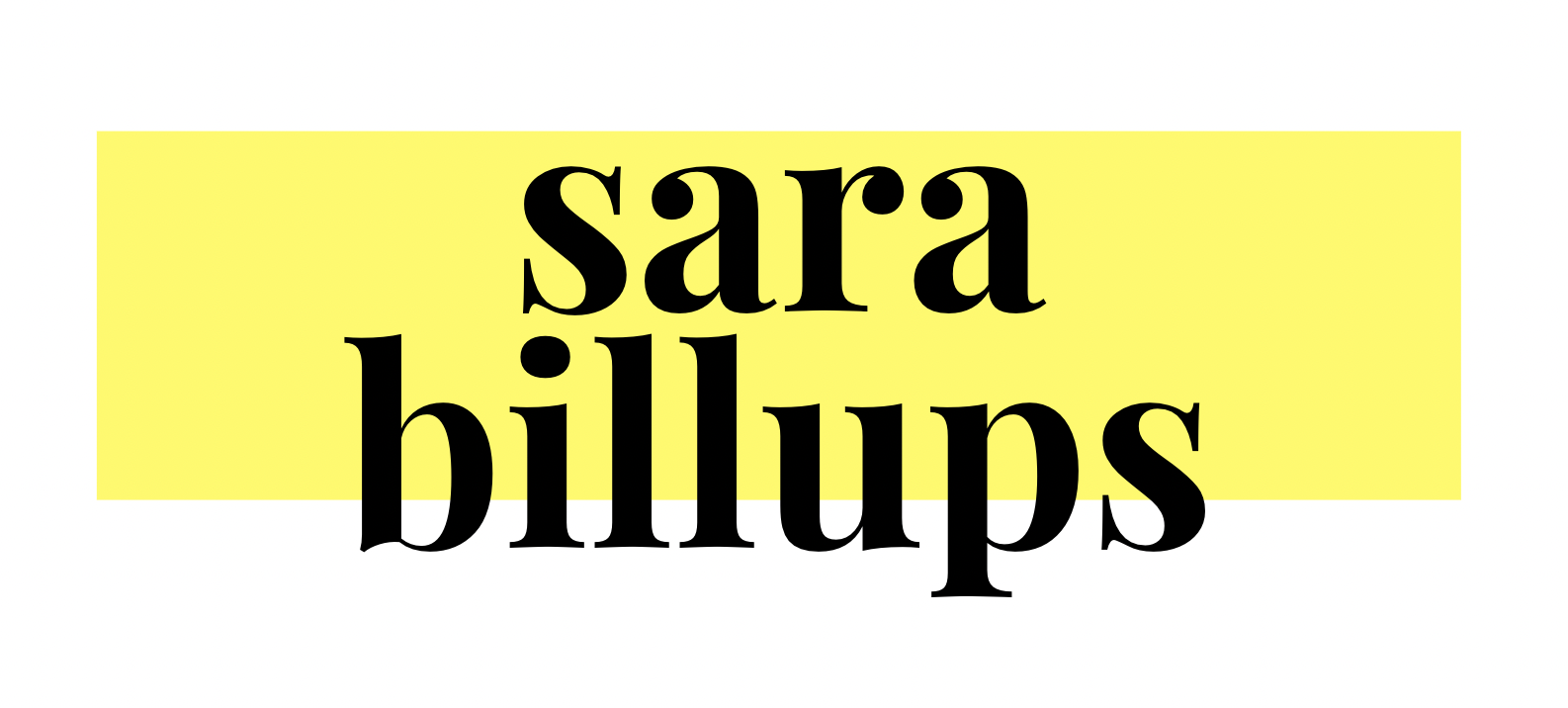Hi, I'm Sara, and I'm a Christian
I was transfixed on a recent Fresh Air episode featuring Linda Kay Klein, the author of Pure. Her book is an important critique of Evangelical purity culture and the 90s-era industry of promise rings and daddy daughter dances that was built around it. Klein’s conversation with Terry Gross reveals the ways many women have been shamed as a result of an Evangelical hyper-focus on purity. Tish Harrison Warren writes about the dissonance between purity culture and the rich, feminist Biblical history of celebrating female sexuality through yonic art in a deftly brilliant CT article, so I’ll pass her the mic on those nuances.
But the thing about this Fresh Air interview that sticks with me is how, at the end, Klein reveals that she still identifies as a Christian. “What’s your relationship to church, to any church, and how do you pray? How do you practice your faith?” Gross asks. While no longer an Evangelical, Klein says, “I’m still very much a Christian … over the years I have found that there are many Christianities and many different ways to practice Christianity…” She does yoga as a form of prayer, journals for three pages daily that often act as prayer, meditates, and goes on spiritual retreats.
I imagine myself as a non-religious listener. How I would relate to Klein’s story? I’d probably be outraged by the suffering of many women that have been scarred as a result of the purity culture she reveals in the interview. And then, at the end of the conversation when Klein confirms that she’s a Christian, I imagine this listener accepting that part of her identity. She’s not like the others: she meditates and does yoga like I might, she rejects the parts we of religion I might most revile. She’s safe, and she can come to the party.
But what if we as Christians don’t have a critique like Klein’s to bring to the table first? What if there aren’t questionnaires to take and see if we pass a litmus test? What if I can’t make sure you understand that I’m not the the kind of believer that is less concerned about the teachings of Jesus and more concerned with propping up a failing dominant culture, one that spends power as a dwindling currency, but a currency nonetheless?
Should I use a different word altogether, or just not talk about my faith life? It’s much less vulnerable for me, and it will probably make you more comfortable. As urban Christians who value social justice, doesn’t waiting to reveal ourselves prevent misunderstandings?
After decades of slipping in that I attend church or pray in hopes that I’ll pass an imaginary test from my many agnostic and atheist friends, let me tell you: It only gets weirder to talk about the longer you wait. Doing so makes me feel disingenuous and detached, like the very most central thing in my life is the one thing I’m not talking about. I also think there’s another dynamic at play.
By withholding our identities as Christians, we tacitly participate in the cultural narrative that we can manage or customize how we message ourselves. We can’t control the factions of the church, we can’t control the harm people have perpetuated in the name of Jesus. Be we feel like we can direct some kind of imaginary brand identity. I know, because I’ve tried.
Curating when or how to present our lives as Christians gives us a sort of control. But mysteriously, being a Christian means giving up on the idea that we can predict the outcome of our lives. As humans, we’re complicated and messy, and reducing ourselves to a brand means we tailor everything to be on message. In many circles, Christianity isn’t the best way to lead that brand.
Here’s another way forward. Instead of hoping folks pick up on an inferred message that we’re Christians, we are absolutely free to humbly identify as people who believe in Jesus.
We have permission to call ourselves Christians. Even if that word is complicated. In the very midst of the complication, I think it’s the best word we have. I don’t want the most nurturing and sweetest part of my life to be hidden, because that doesn’t do anybody any good.
What if we embraced the weakness of being affiliated with the church?
Let me tell you, it can be isolating and alienating to sit at the table without any defenses. But here’s why it’s important to admit who you are: Because it’s really not about you. And that’s immensely liberating. As Christians, we believe that our lives are hidden with God, and to spend a lot of anxious energy skirting around that identity for whatever reason is tiring, and kind of boring. God holds our identity, and we can stop striving.
We’re lonely but not alone. We’re in partnership with God, and we’re moving towards the healing from our personal histories and the ways we allow fears to overwhelm our calling. Transformation, a life marked by beauty, community, and ordinary service is potent. That kind of life, the kind I dream of having, is a clear arrow towards God and away from the constraints of a self-manicured identity.


